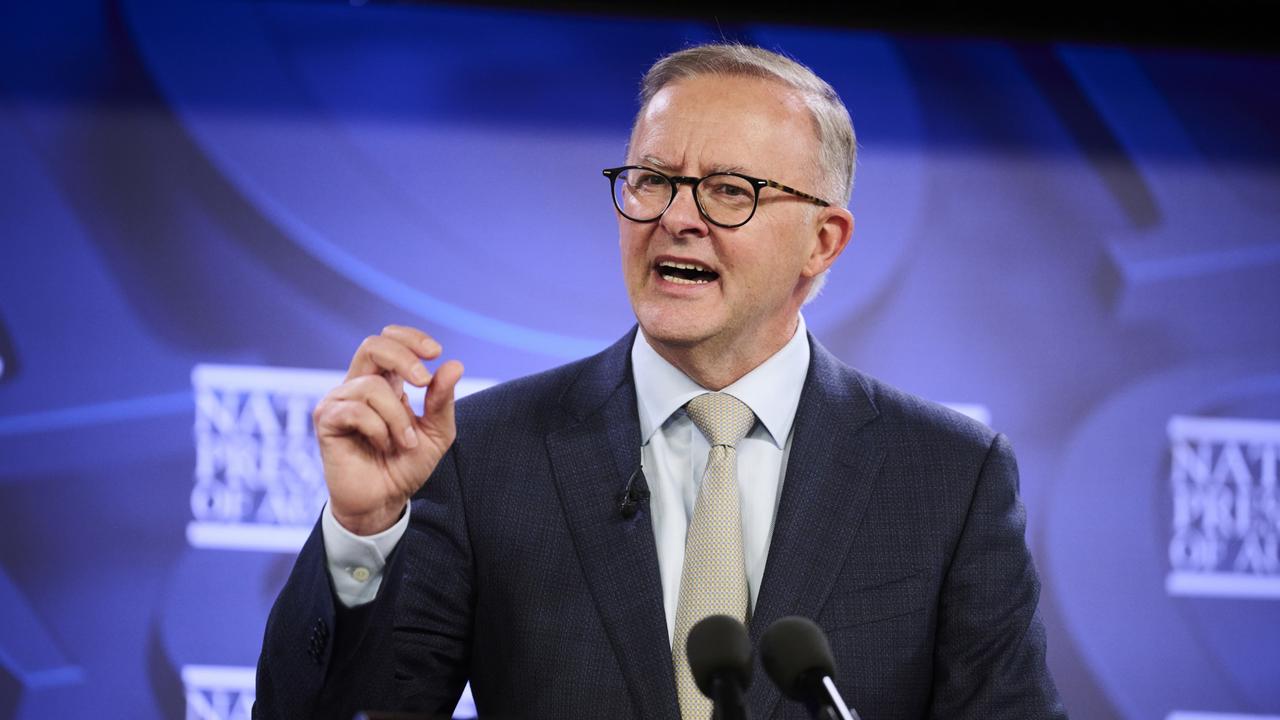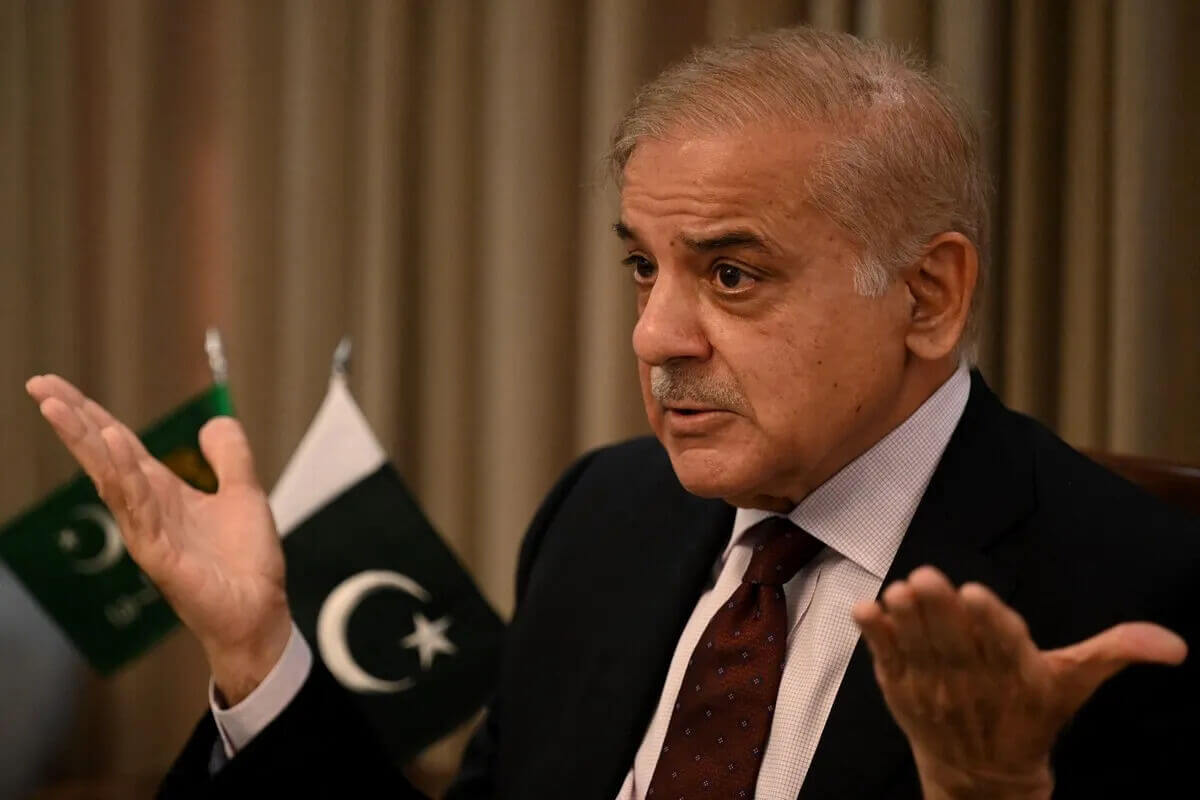World News Monitor: 10 May, 2022
A quick look at events from around the globe.
South Asia
Anti-government protesters set fire to the ancestral home of President Gotabaya Rajapaksa and Prime Minister (PM) Rajapaksa in Hambantota. The PM stepped down “with immediate effect” yesterday evening. The houses of other leading current and former officials from the ruling Sri Lanka Podujana Peramuna were also attacked, including former Minister of Energy Gamini Lokuge, and MPs Kanchana Wijesekera, Bandula Gunawardena, Prasanna Ranatunga, Channa Jayasumana, Kokila Gunawardena, Arundika Fernando, Thissa Kuttiyarachchi, Kanaka Herath, and Pavithra Wanniarachchi. [Newswire]
Despite vociferous opposition from President Arif Alvi, Pakistani Prime Minister Shehbaz Shariff dismissed Punjab Governor Omar Sarfraz Cheema, just weeks after he was appointed to the post by Imran Khan as a peace offering before he was ousted. Interior Minister Rana Sanaullah said, “The president is bound to implement the prime minister’s advice, and any deviation will tantamount to a violation of the Constitution.” [Dawn]
Central Asia and the Caucasus
On Monday, the leader of Georgia’s breakaway region of South Ossetia, Anatoly Bibilov, lost the presidential runoff election, which was held on the previous day. His rival Alan Gagloev won 53.67% of the votes, while Bibolov received only 41.3%. The United States, the European Union, and Georgia have called the vote illegitimate, as South Ossetia is not internationally recognised as a sovereign state but as a part of Georgia. Russia forcibly took over South Ossetia and Abkhazia after a brief war with Georgia in 2008. [RFE/RL]
According to a report by Eurasianet, Georgians make up most of the foreign fighters in Ukraine. Per the latest figures, at least nine of the hundreds of Georgian fighters have been killed in the war, the largest death toll among any foreign contingent fighting for Ukraine. [Eurasianet]
East and Southeast Asia
The Thai army on Monday banned 245,000 service members from using Lazada, one of Southeast Asia’s biggest e-commerce websites, for official purposes after royalists alleged that a promotional video of the company mocks the royal family. Thailand’s strict lèse-majesté law allows for jail terms of up to 15 years for each offence of defaming, insulting, or threatening the royal family. [Bangkok Post]
Shanghai reported a further decline in COVID-19 cases on Tuesday. The city reported 3,014 cases on Monday, down from 3,947 on Sunday. However, there is no indication that the Chinese megacity’s stringent lockdown will end anytime soon. [The Straits Times]
Europe
Amid continued appeals for the Johnson administration to scrap the newly-signed migrant relocation agreement with Rwanda, British Home Secretary Priti Patel acknowledged that the deal will “take time” to be implemented due to legal “hurdles and barriers” from “specialist law firms that want to block the removal of individuals that have no right to be in our country.” Government data shows that 28,526 crossed the English Channel in 2021, a huge increase from 8,466 in 2020. Keeping this in mind, the United Kingdom plans to resettle at least a portion of these illegal immigrants in Rwanda, a move that has drawn severe condemnation from rights groups. [BBC]
French President Emmanuel Macron said on Monday that it will take decades for Ukraine to join the European Union. Instead, he suggested that Ukraine join a “parallel European community” while waiting to be admitted into the bloc. [BBC]
While speaking to reporters in Strasbourg, French President Emmanuel Macron warned against humiliating Russia for invading Ukraine during post-war peace negotiations. Macron said, “We will have a peace to build tomorrow, let us never forget that…The end of the discussion and the negotiation will be set by Ukraine and Russia. But it will not be done in denial, nor in exclusion of each other, nor even in humiliation.” [Euronews]
Latin America and the Caribbean
A document released by Venezuelan state-run oil company PDVSA indicates that Venezuela is importing heavy crude from Iran. It forms part of an exchange deal the two countries, both of which are sanctioned by the United States, signed last year, wherein Venezuela imports Iranian condensate to dilute its own ‘extra-heavy’ crude oil, which is then shipped using the National Iranian Oil Company. [Reuters]
The death toll from an explosion at the five-star Hotel Saratoga in Havana, Cuba on Friday has now risen to 40, with a further 18 people hospitalised with severe injuries. The luxurious five-star hotel was on the brink of reopening after closing down for two years when it was damaged by a suspected gas leak. [Associated Press]

Middle East and North Africa (MENA)
The World Bank on Monday approved a $150 million food security loan for crisis-hit Lebanon. The loan will help Lebanon deal with the food shortage created by the Russia-Ukraine war and help stabilise the rise in food prices, especially bread, thereby providing much-needed relief to the country. Lebanon has been hit by one of the worst economic crises in over 100 years. [Associated Press]
The United States Treasury Department on Monday imposed sanctions on Islamic State financial networks across Indonesia, Syria, and Turkey. The Department accused the networks of facilitating the travel of extremists to Syria and other places where ISIS operates and of conducting financial transfers to the group. [Reuters]
North America
Democrats in the United States Congress are working on a plan that would upgrade President Joe Biden’s requested $33 billion Ukraine aid package to nearly $40 billion. A House vote could take place today. [Voice of America]
During a special Parliamentary committee on Afghanistan on Monday, Canadian Defence Minister Anita Anand said that Ottawa has no plans to recognise the Afghan Taliban government, which the country has listed as a prescribed terrorist group. She added that “Canadian armed forces did everything they could to help as many people as possible for as long as they could.” [Global News]
Oceania
Royal Australian Navy chief Vice Admiral Mike Noonan has banned the Russian and Chinese militaries from attending the Indo-Pacific 2022 International Maritime Exposition. Russia was disinvited shortly after Ukraine’s invasion. Although officers of China’s People’s Liberation Army Navy have been invited to the conference in the past, Noonan didn’t invite China this year due to tense trade and diplomatic relations as well as China’s controversial security pact with the Solomon Islands, which allows Beijing to deploy troops and establish a naval base in the Pacific. [The Sydney Morning Herald]
Early voting in Australia’s federal election began on Monday ahead of the general vote on May 21. A survey conducted by local newspaper The Australian revealed that the opposition centre-left Labour party is leading polls. Furthermore, incumbent Prime Minister Scott Morrison’s rating as the preferred leader fell to 44%, compared to Opposition leader Anthony Albanese’s 42%. [Reuters]
Sub-Saharan Africa
The Zimbabwe National Chamber of Commerce (ZNCC) has expressed concern over the government’s decision to suspend bank lending in the country. The move comes against the backdrop of a rapid devaluation of the Zimbabwean dollar. Zimbabwe abandoned the use of its local currency back in 2009 due to heavy inflation. President Emmerson Mnangagwa reintroduced it into circulation three years ago alongside other currencies such as the United States dollar, but speculation has rapidly driven its value down. “This legitimises a parallel banking system with usurious interest rates and no investor would be attracted to such an economy where lending can be suspended overnight,” the ZNCC said of the new policy. [ Reuters]
The United Nations estimates that at least two million people in Burkina Faso have been displaced due to rising Islamist extremism. The violence has caused mass migration from rural villages into metropolitan areas, such as the capital city of Ouagadougou. Rights groups have warned that this has caused cities to “double or triple in size” over the past three years, resulting in resource scarcity. The country was thrown into further strife after the military coup in August. [Associated Press]

